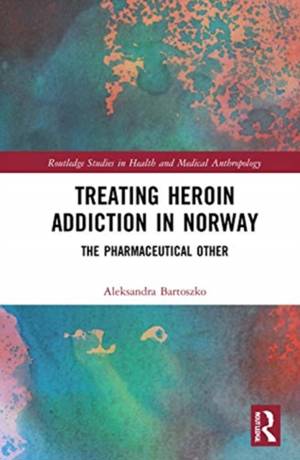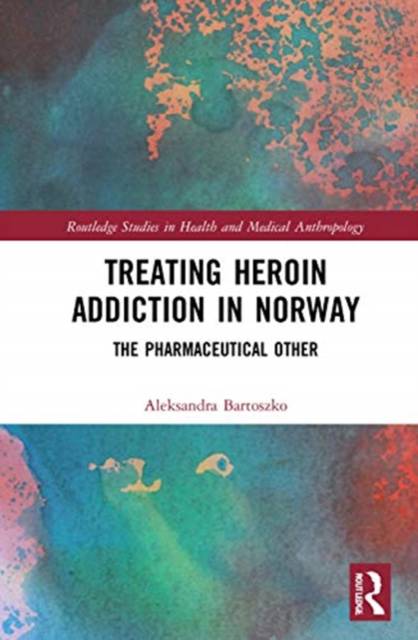
- Retrait gratuit dans votre magasin Club
- 7.000.000 titres dans notre catalogue
- Payer en toute sécurité
- Toujours un magasin près de chez vous
- Retrait gratuit dans votre magasin Club
- 7.000.0000 titres dans notre catalogue
- Payer en toute sécurité
- Toujours un magasin près de chez vous
Description
Focusing on the world of Norwegian Opioid Substitution Treatment (OST) in the aftermath of significant reforms, this book casts a critical light on the intersections between medicine and law, and the ideologies infusing the notions of "individual choice" and "patient involvement" in the field of addiction globally.
With ethnographic attention to the encounters between patients, clinicians, and bureaucrats, the volume shows that OST sustains the realities it is meant to address. The chapters follow one particular patient through complex clinical and legal battles as they fight to achieve a better quality of life. The study provides ethnographic insight that captures the individual, experiential aspects of addiction treatment, and how these experiences find a register within different domains of treatment and policy, including the familial, social, legal, and clinical.
Offering a rare view of addiction treatment in a Scandinavian welfare state, this book will be of interest to scholars of medical and legal anthropology and sociology, and others with an interest in drug policy and addiction treatment.
Spécifications
Parties prenantes
- Auteur(s) :
- Editeur:
Contenu
- Nombre de pages :
- 198
- Langue:
- Anglais
- Collection :
Caractéristiques
- EAN:
- 9780367655549
- Date de parution :
- 06-07-21
- Format:
- Livre relié
- Format numérique:
- Genaaid
- Dimensions :
- 156 mm x 234 mm
- Poids :
- 458 g

Les avis
Nous publions uniquement les avis qui respectent les conditions requises. Consultez nos conditions pour les avis.






